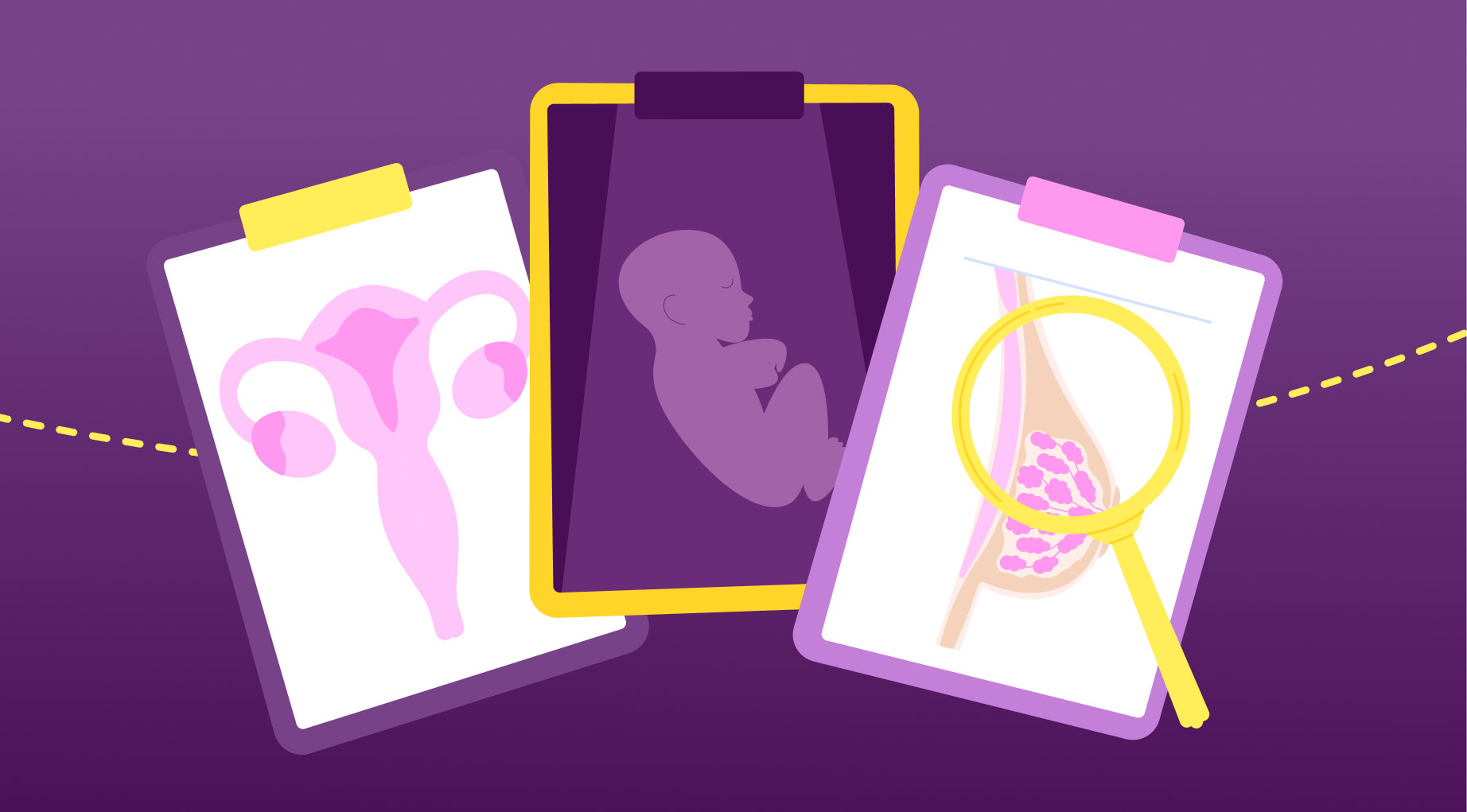
Published: 20 Aug 2025
Imagine having never heard about menstruation before your first period. Now imagine having limited access to information, products, or facilities to allow you to manage your menstrual health. In the face of this inequity, how would you navigate your cycles, fertility, and sexual health?
Around the world, the menstrual health1 needs of millions remain unmet.
This leads to stark consequences,2 including pervasive social stigma, mental health and reproductive health issues, and exclusion from social, educational, and professional opportunities.
Knowledge of menstrual health is a critical determinant of an individual’s ability to manage reproductive health. Yet low levels of knowledge are pervasive,3 particularly in low- and middle-income countries.
At Flo, we are dedicated to providing expert-reviewed health content to help our members make informed decisions. It’s part of our mission to build a better future for female health.
But does using the Flo app actually improve knowledge levels, particularly in areas where access to evidence-based health information is limited?
In short, it does.
Our science team has published our latest research in the journal BMJ Public Health. It shows that access to Flo for at least three months leads to higher levels of menstrual health knowledge and significant improvements in other aspects of health.
Read on to explore how menstrual health knowledge improved during the study and how these changes correlated with other factors, including stigma, awareness of sexually transmitted infections (STIs), and quality of life.
Low knowledge levels at the start
This research was part of Flo’s Pass It On Project, which provides free access to Flo Premium in countries where there’s little access to safe and trustworthy health information.
In total, 6,165 adult Flo app members from 52 countries took part in our study.
The primary objective was to assess whether using the Flo Premium app, with its extensive library of medically reviewed health information, could improve adult users’ knowledge of menstrual health.
“What’s really exciting about our study is that we could measure the real-life impact that using the Flo app has on women’s lives,” explained Liudmila Zhaunova, PhD, director of science at Flo.
New app members who installed Flo Premium as part of the Pass It On Project were invited to join the study. After onboarding, study participants completed an initial assessment testing their knowledge of menstrual health and other aspects of reproductive health.
“One thing that was really striking was how low levels of menstrual health knowledge were at app installation among this adult population. In a quiz with 10 questions, the average number of correct answers was 3.4. This shows the huge scope to improve menstrual health knowledge,” said lead study author Frederick Goddard, PhD.
For example, while more than 83% survey participants correctly identified the length of a normal period, only 62% knew when during the cycle unprotected sex would most likely result in pregnancy, and less than 40% could correctly identify the typical length of the fertile window.
More knowledge, better health outcomes
After using the app for at least three months, our study participants completed the same assessment to evaluate changes in menstrual health knowledge and related outcomes since they started using Flo Premium.
Menstrual health knowledge scores increased by nearly 19%.4
Importantly, in addition to higher levels of menstrual health knowledge, we also saw improvements in other aspects of female health and well-being, including the following:
- Menstrual health awareness increased by 9%.
- Communication confidence was up by 5%.
- STI awareness was nearly 2% higher.
- Menstrual stigma was 8% lower.
“These are meaningful changes,” said April M. Ballard, PhD, assistant professor at Georgia State University and a member of Flo’s scientific advisory board. “When people have access to accurate, relevant information about their health, they’re more equipped to take care of themselves. In our study, greater menstrual knowledge translated into real improvements in well-being.”
Knowledge as a pathway to better health
Using mediation analysis, our team demonstrated that increased menstrual health knowledge contributed to improvements in health and well-being outcomes. This finding suggests that improving foundational health knowledge can play a meaningful role in addressing menstrual health inequities.
Mobile phone use continues to rise, including in remote communities and underserved areas. Digital health platforms like Flo offer a scalable solution to close crucial health information gaps.
Importantly, adults living in low-resource settings are often underrepresented in menstrual health research, which tends to focus on adolescents or populations in high-income countries.
That’s why our research is so impactful; it provides evidence of a solution to improve menstrual health knowledge and the health and well-being of those often excluded and neglected.
“It’s important that we continue to conduct research to test to what extent Flo can improve health knowledge and outcomes. We want to ensure that our app is evidence-based,” says Zhaunova. “Our study clearly shows the benefits of using Flo, particularly in areas of the world where menstrual health education is under-resourced.”
Read more: Real-world proof from Flo’s US clinical trial
Alongside these global findings, Flo’s efficacy has also been validated in a randomized controlled trial (RCT) in the United States. After three months of app use, participants showed:
- Improved menstrual health literacy
- Reduced symptom burden associated with premenstrual syndrome and premenstrual dysphoric disorder
- Better general health and well-being
- Lower rates of absenteeism due to symptoms
These results underscore Flo’s real-world impact on the daily lives of women and people who menstruate.
Explore our RCT findings
Free resources for your practice
Join Flo’s OB-GYN Co-Care program to receive a complimentary co-care pack, including evidence-based education materials and patient-friendly cycle and symptom-tracking tools.

